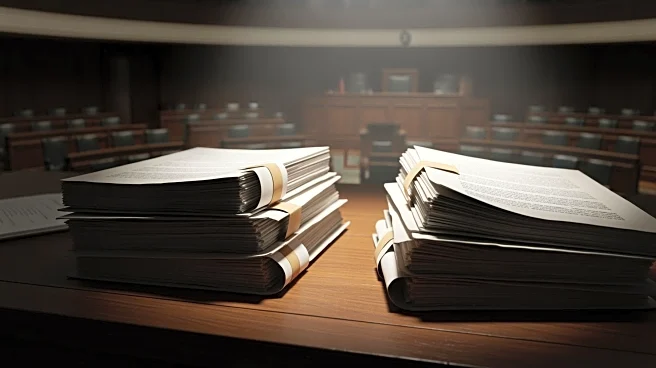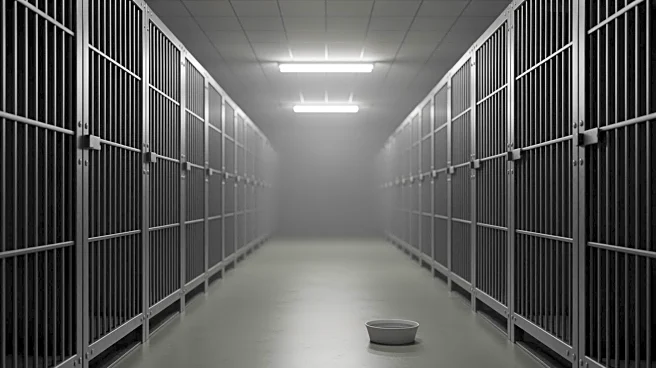Rapid Read • 8 min read
The Trump administration has introduced the 'Big Beautiful Bill,' a legislative measure that expands Pell Grants to include workforce training programs, while reducing the amount of federal loans available for traditional higher education. This move aligns with Texas's recent efforts to prioritize workforce readiness over conventional college education. The bill, signed into law last month, is designed to increase accountability in colleges, reduce student debt, and address the rising costs of higher education. Texas lawmakers have been focusing on tying community college funding to student outcomes and increasing oversight of public universities. The legislation is expected to help Texas meet its workforce demands by enabling students to enter the job market more quickly, particularly in high-demand sectors like healthcare and technology.
AD
The 'Big Beautiful Bill' could significantly impact the U.S. education landscape, particularly in Texas, by shifting the focus from traditional college degrees to workforce training. This change could benefit industries facing labor shortages by providing a more skilled workforce. However, it may also limit access to advanced degrees for low-income students due to new loan caps, potentially affecting fields that require extensive education, such as medicine and law. The bill's emphasis on workforce training could lead to a more efficient allocation of educational resources, but it also raises concerns about the long-term implications for higher education and economic mobility.
As the bill takes effect, educational institutions and students will need to adapt to the new funding structures. Texas colleges may see an increase in enrollment for short-term training programs, while students may reconsider their educational paths in light of reduced loan availability for graduate studies. The legislation could prompt universities to evaluate their program costs and potentially adjust tuition fees. Stakeholders, including educational advocates and policymakers, will likely monitor the bill's impact on workforce readiness and higher education access, with potential adjustments to policies as needed.
The bill raises questions about the role of higher education in society—whether it should primarily serve as a means to gain employment or as a broader educational experience. The shift towards workforce training may influence cultural perceptions of education and career paths, potentially leading to a reevaluation of the value placed on traditional college degrees. Additionally, the legislation could spark debates about the balance between public policy and academic autonomy in shaping educational priorities.
AD
More Stories You Might Enjoy











